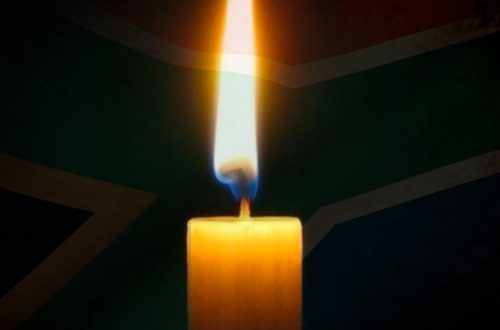Guest post by Sackcloth and Ashes
Edward Snowden is an American, and a former employee of the CIA and a contractor for the USA’s signals intelligence service, the National Security Agency (NSA). In late May 2013 he leaked to The Guardian and The Washington Post evidence of what was subsequently described as a global surveillance programme conducted by the NSA and other allied agencies which posed a direct threat to the civil liberties of US citizens. After a brief stay in Hong Kong, Snowden made his way to Russia, and on 12th July he requested temporary asylum from Vladimir Putin’s government.
Sergei Magnitsky was a Russian, a lawyer and an auditor working for Hermitage Capital Management, an investment fund and asset management company that had a record of exposing corruption within Russia’s corporate and political elite, and which was being ‘investigated’ by the Russian Interior Ministry (MVD) for tax evasion and tax fraud. Magnitsky subsequently revealed that corrupt officials within the MVD were responsible for a tax fraud scheme worth US$230m (£150m), using documents seized when Hermitage’s offices were raided.
Magnitsky was imprisoned in November 2008, and during his 12 months in captivity he was tortured and denied medical treatment. He died on 16 November 2009, as a result of the systematic brutality of his jailors.
To add insult to injury, last week a show trial Moscow court convicted him posthumously of the very crime which he had exposed. The message from Putin’s government was clear: If you are a former employee of a Western government who exposes its secrets, we will give you our hospitality; but if you expose our own institutionalised corruption and misrule, we will destroy you and humiliate you even after your death.
Snowden is hailed by Julian Assange, Gleen Greenwald, Daniel Ellsberg, John Pilger, Owen Jones, Rupert Cornwell, and the governments of Bolivia, Ecuador, Venezuela, Nicaragua, China and Russia as a hero. He has become a media celebrity.
Magnitsky’s case has been reported by The Economist, The Guardian and the BBC (online), but he is a forgotten man. If Snowden himself saw anything ironic between the timing of his asylum request and the posthumous fitting-up of Magnitsky the previous day, he did not see fit to make any comment.
In its founding statement six years ago, Wikileaks (to take one example) declared that its main role was to help whistle-blowers expose government and corporate cooperation across the globe, and that its ‘primary interests are oppressive regimes in Asia, the former Soviet bloc, sub-Saharan Africa and the Middle East’.
It stands to reason that if you are prepared to back Snowden, you should be fighting for Magnitsky’s posthumous reputation, but Assange and his comrades clearly think that this is beyond them. The same goes for the majority of those singing the praises of the ex-NSA contractor currently hiding out in Moscow’s Sheremetyevo airport. Not a word is said for the man who died in such ignominious circumstances in the Butyrka prison. It seems that the only whistle-blower worth caring about nowadays is the one who embarrasses a Western government or corporation.
